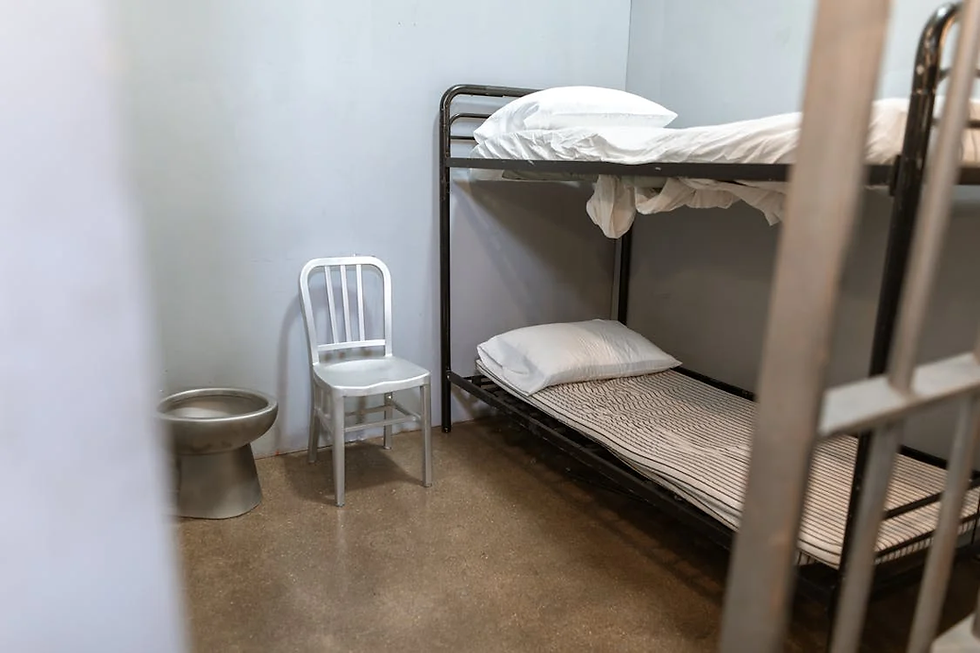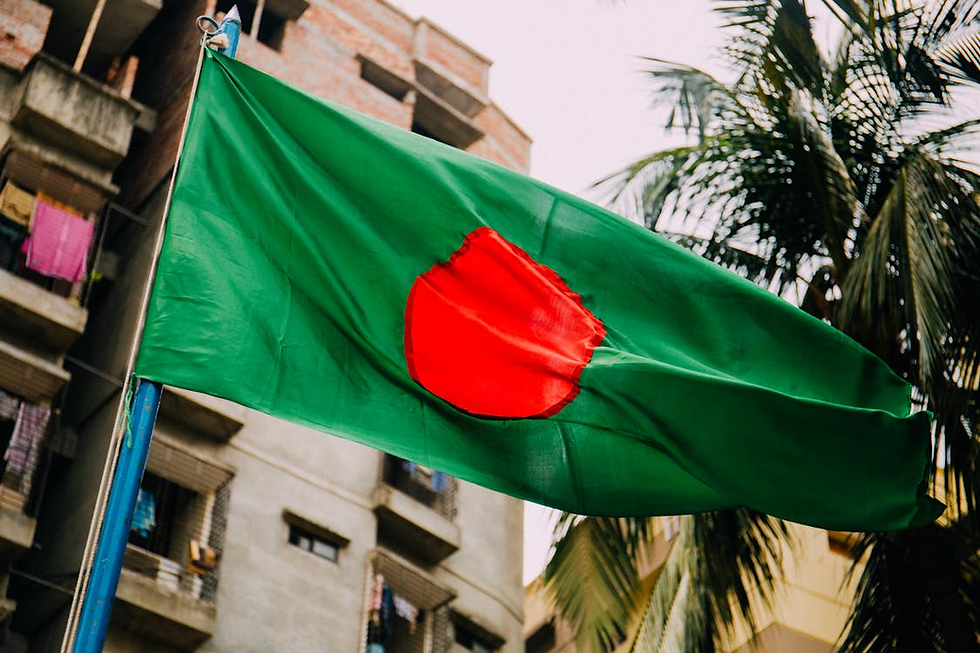Rona Wilson: Jailed on Trumped-up Charges?
- Raunaq Singh Bawa

- Feb 12, 2021
- 3 min read
Updated: Dec 23, 2024
Rona Wilson, a social activist in India, was arrested in June 2018 in New Delhi under a preventive detention law, for his alleged role in violent riots earlier that year.
The riots in question took place in the village of Bhima Koregaon (in the Indian state of Maharashtra) in January 2018. On 1st January every year, members of the Dalit community of this village commemorate a historic battle that took place over 200 years ago, wherein the Dalit community secured a victory in battle against the upper-caste Maratha Empire (one of the many kingdoms in India prior to its independence).

For context, tensions have historically existed between the so-called ‘lower castes’ (including the Dalit community) and the ‘upper castes’, due to the oppressive relationship among them, with Dalits generally facing the worst treatment. Prior to Indian independence, caste divisions were so deep that the Dalits were considered quite literally ‘untouchable’, and were treated accordingly. While this practice has been declared unlawful in independent India, some caste-divisions continue to exist in many regions of the country.
Therefore, the Battle of Bhima Koregaon is of great significance to the Dalit community, which to date continues its struggle for equality.
However, the celebrations of 1st January 2018 were marred by inter-caste violence, where Dalit groups clashed with upper-caste Hindu nationalists. It is believed that the conflict arose after speeches were given at the Elgar Parishad (literally translated as a ‘congress for loud declarations’), which criticised the ruling party (the Bhartiya Janata Party), escalating into violence between the Hindu nationalist groups and the Dalit groups. Riots continued across the state of Maharashtra for several days, spreading to the state capital, Mumbai, disrupting regular life. At least one person was killed in the riots, with many more being injured, and instances of destruction and arson taking place. Authorities moved swiftly, and a large number of individuals allegedly involved in the incident were arrested.
These included prominent intellectuals, a poet, a tribal rights activist, and Rona Wilson - among others. Most arrests were made under the Unlawful Activities (Prevention) Act (UAPA), a law that permits preventive detention of individuals involved in ‘unlawful activities’.
The arrest of Rona Wilson was similarly made under the UAPA. The Pune Police claims to have found evidence of Wilson’s collaboration with banned Maoist groups, in the form of computerised folders and letters, some of which even include an alleged plot to assassinate Prime Minister Narendra Modi. Wilson has been accused of being linked to the Naxalite movement, which is an extremist left-wing militant movement in India. However, many people, including activists and opposition leaders, have criticised these arrests and the manner in which these have been made. The belief that these arrests are politically motivated has only been strengthened by a recent report from the US-based Arsenal Consulting.
The forensic firm analysed the digital evidence collected by the police against Rona Wilson for over 300 hours, on the basis of which they made their report about the veracity of the accusations. According to the firm, this evidence was planted over a long time period, far before Wilson’s arrest, and there is no concrete proof to suggest that the incriminating correspondence observed by the police was actually written by Wilson, or indeed even known to him. As per the report, Wilson’s laptop was infiltrated by a Trojan-horse malware, in the form of a link that was opened by Wilson, and it was through this malware that the attacker proceeded to plant the incriminating documents.
In a televised interview with Indian news channel NDTV on the 11th of February 2021, a representative of Arsenal Consulting also clarified that the evidence analysed by them was the original. According to him, if the police were to allege that the hard drive analysed by the firm was itself a fake, its veracity could be easily proven through physical and electronic signatures.
The political implications of this for the Bhima Koregaon case are significant. The government has received much criticism for its liberal use of the UAPA legislation. If Wilson is deemed innocent, and the charges against him proven to be maliciously fabricated, then the government’s position in the Bhima Koregaon case would collapse, possibly leading to the release of other political prisoners related to the case. Prominent among these prisoners are Varavara Rao, a poet, Stan Swamy, a tribal rights activist, and Dr. Hany Babu, a professor of English at Delhi University.
How (and whether) the authorities will react to this new revelation, however, remains to be seen.

_edited.png)



Well written analysis of the allegedly misused laws to silence sane voices.